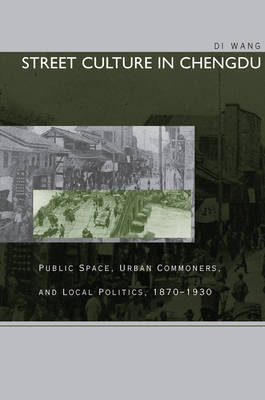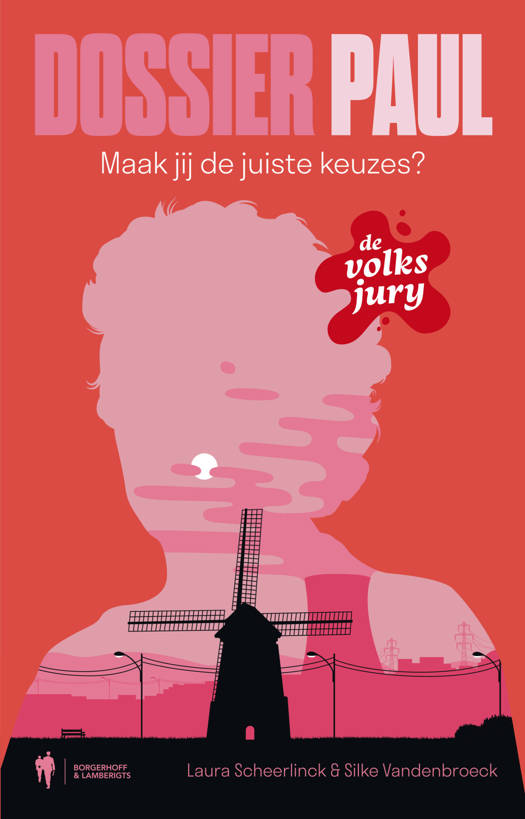
- Afhalen na 1 uur in een winkel met voorraad
- Gratis thuislevering in België vanaf € 30
- Ruim aanbod met 7 miljoen producten
- Afhalen na 1 uur in een winkel met voorraad
- Gratis thuislevering in België vanaf € 30
- Ruim aanbod met 7 miljoen producten
Street Culture in Chengdu
Public Space, Urban Commoners, and Local Politics, 1870-1930
Di WangOmschrijving
Winner of the Urban History Association's 2005 Best Book in Non-North American Urban History Award.
In traditional Chinese cities, a lively street culture was an important part of popular culture, and street life was central to the daily lives of city dwellers, especially the lower classes. This book examines street culture in Chengdu, an under-studied inland city, during the transformative decades between 1870 and 1930, in order to explore various topics: the relationship between urban commoners and public space; the role that community and neighborhood played in public life; how the reform movement and the Republican revolution changed everyday life; and how popular culture and local politics interacted. Drawing on a rich array of Chinese and Western sources--including archives, local newspapers, gazetteers, personal records, folk literature, and field investigation--the author argues that life in public spaces was radically transformed in Chengdu during these eventful years.
Specificaties
Betrokkenen
- Auteur(s):
- Uitgeverij:
Inhoud
- Aantal bladzijden:
- 376
- Taal:
- Engels
Eigenschappen
- Productcode (EAN):
- 9780804747783
- Verschijningsdatum:
- 28/07/2003
- Uitvoering:
- Hardcover
- Formaat:
- Genaaid
- Afmetingen:
- 160 mm x 246 mm
- Gewicht:
- 666 g

Alleen bij Standaard Boekhandel
Beoordelingen
We publiceren alleen reviews die voldoen aan de voorwaarden voor reviews. Bekijk onze voorwaarden voor reviews.











